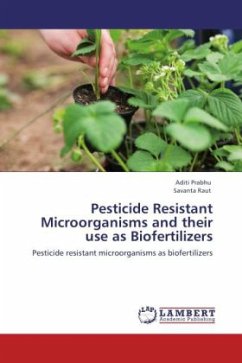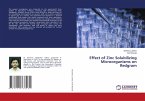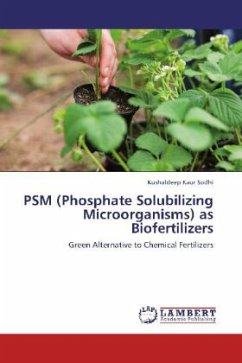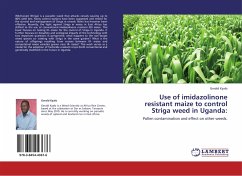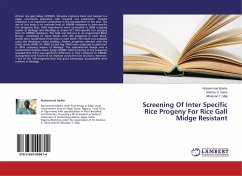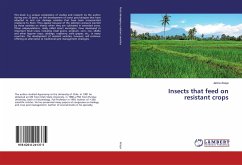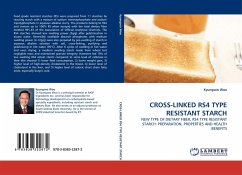In the past four decades, the tremendous increase of nitrogen and phosphorous fertilization in addition to the introduction of highly productive agricultural systems has led to a remarkable increase in crop production. The increasing use of chemical fertilizers, however, has also led to environmental problems. To overcome these problems, certain microorganisms such as Plant Growth Promoting Rhizobacteria (PGPR) provide sustainable solutions for present and future agricultural practices. However, the need to increase agricultural production has also led to an increased use of pesticides. Chemical pesticides have numerous side effects. They affect non-target organisms such as PGPR, thus reducing the efficacy of biofertilizers. Inactivation of nitrogen fixing and phosphorus solubilizing microorganisms has been observed in pesticide contaminated soils. Hence, this project aimed at using pesticide resistant microorganisms as biofertilizers, so that enhanced plant growth is obtained even in fields that have been treated with pesticides.
Bitte wählen Sie Ihr Anliegen aus.
Rechnungen
Retourenschein anfordern
Bestellstatus
Storno

